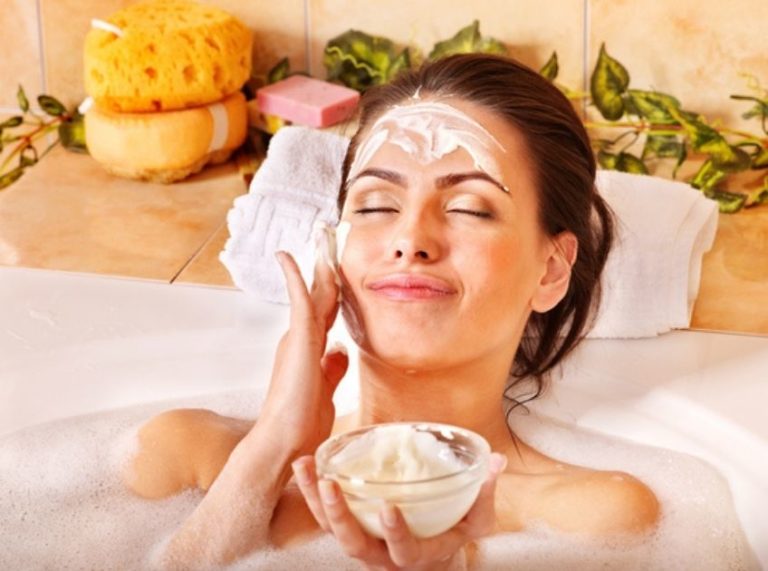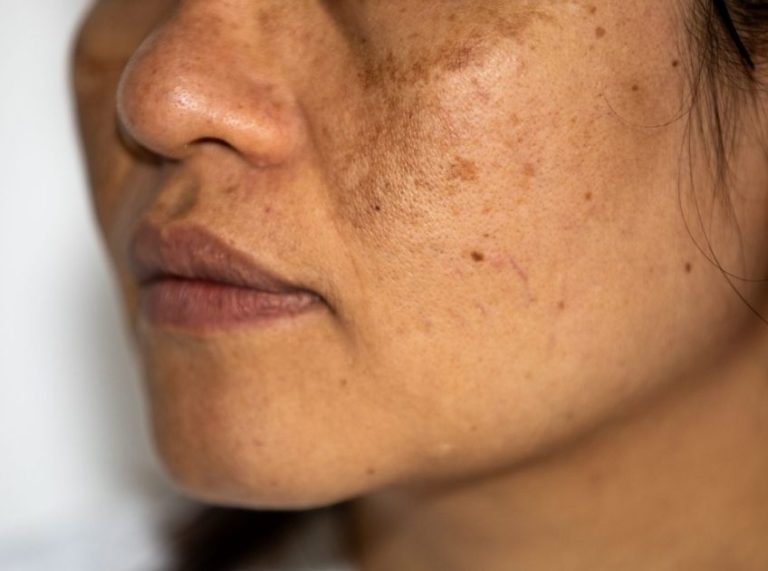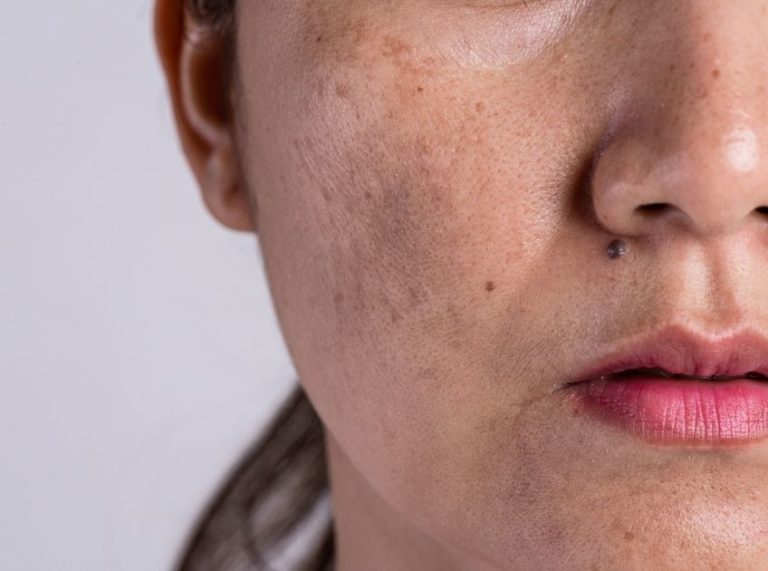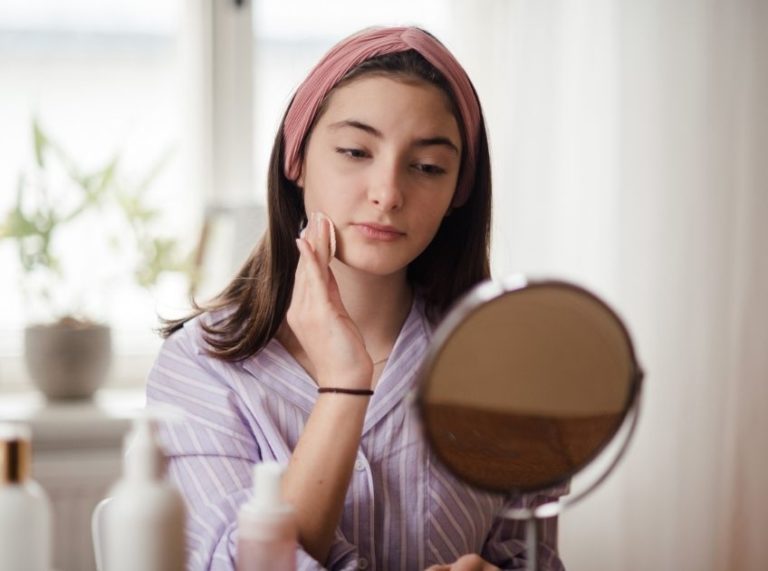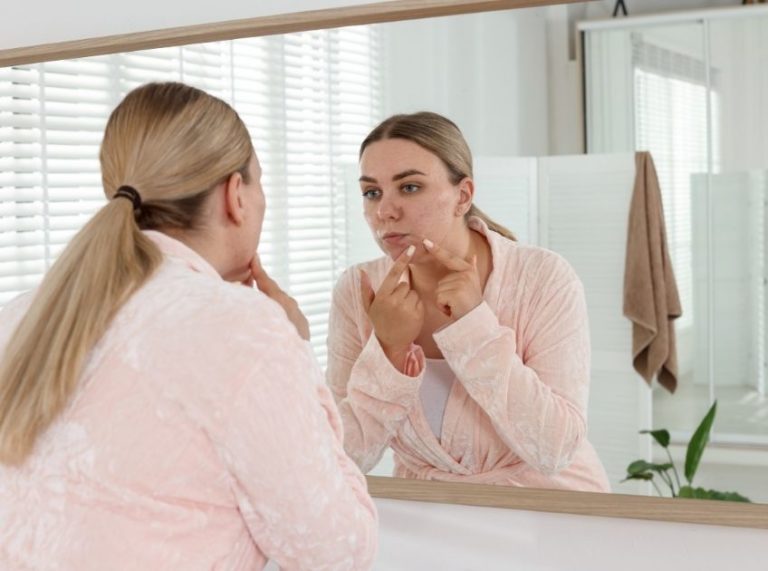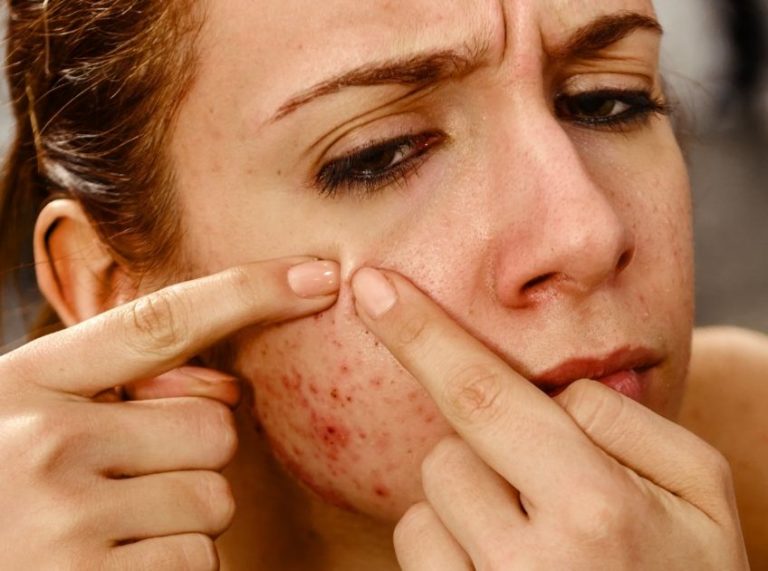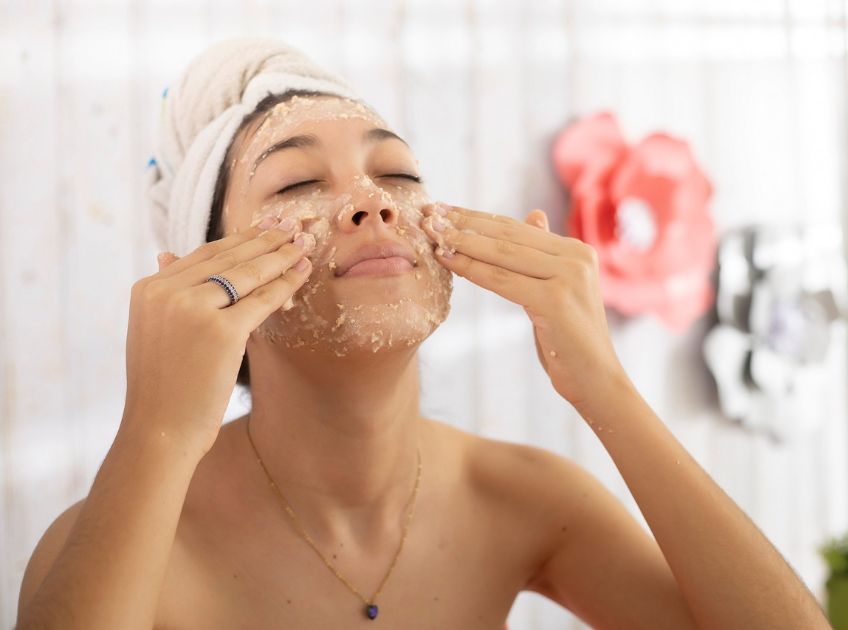
Important: This article is for informational purposes only. Please read our full disclaimer for more details.
Oatmeal isn’t just a hearty breakfast—it’s also a powerhouse ingredient in natural skincare. Rich in antioxidants, vitamins, and skin-soothing compounds like beta-glucan and avenanthramides, oatmeal has been shown in dermatological studies to calm irritation, lock in moisture, and even support skin barrier repair. Whether your skin is dry, oily, sensitive, or acne-prone, oatmeal can be adapted into a gentle yet effective face mask.
3 Easy DIY Oatmeal Face Masks for Different Skin Types
1. For Dry, Flaky Skin – Oatmeal & Honey Mask
If your skin feels tight, rough, or flaky, this hydrating mask can give it a much-needed moisture boost.
- Ingredients
- 2 tbsp finely ground oats (colloidal oatmeal works best)
- 1 tbsp raw honey (preferably organic)
- 1 tbsp milk (use full-fat for extra nourishment, or almond milk if you prefer plant-based)
- Step-by-Step
- Grind oats into a fine powder if not already.
- In a bowl, mix the oats with honey and milk until you get a creamy paste.
- Cleanse your face and pat dry.
- Apply a generous layer over your face and neck, avoiding the eye area.
- Leave it on for 15 minutes.
- Rinse with lukewarm water, gently massaging in circular motions to exfoliate.
- Why It Works:
- Honey acts as a humectant, pulling moisture into the skin.
- Milk provides natural fats and lactic acid for softening.
- Oatmeal soothes dryness and helps your skin retain hydration.
- Optional Add-On: A few drops of vitamin E oil for an extra boost of nourishment.
2. For Oily or Acne-Prone Skin – Oatmeal & Yogurt Mask
This mask helps control shine and unclog pores without leaving skin stripped or irritated.
- Ingredients:
- 2 tbsp ground oats
- 2 tbsp plain, unsweetened yogurt
- A few drops of lemon juice (optional, for brightening and extra oil-control)
- Step-by-Step:
- Blend oats into a fine powder for a smoother application.
- Mix the oats with yogurt to create a thick paste.
- Add 2–3 drops of lemon juice only if your skin is not overly sensitive.
- Apply evenly to cleansed skin.
- Let it sit for 10–12 minutes.
- Rinse with cool water and pat dry.
- Why It Works:
- Yogurt contains lactic acid, a gentle exfoliant that removes dead skin cells and prevents clogged pores.
- Oatmeal absorbs excess sebum while calming irritation.
- Lemon juice adds vitamin C and helps reduce mild dark spots (but skip if your skin is sensitive).
- Optional Add-On: A drop of tea tree oil for antibacterial action against acne-causing bacteria.
3. For Sensitive or Irritated Skin – Oatmeal & Aloe Vera Mask
Perfect for skin that’s prone to redness, itching, or irritation, this calming blend delivers instant relief.
- Ingredients:
- 2 tbsp ground oats
- 2 tbsp fresh aloe vera gel (straight from the plant is best)
- Step-by-Step:
- Blend oats into a fine powder.
- Scoop out fresh aloe vera gel and blend until smooth.
- Mix oats with aloe gel into a soothing paste.
- Apply a thin, even layer to your face.
- Leave on for 15–20 minutes.
- Rinse with cool water and pat gently with a soft towel.
- Why It Works:
- Aloe vera is rich in polysaccharides that reduce inflammation and promote skin healing.
- Oatmeal calms irritation and supports the skin barrier.
- Together, they reduce redness and leave skin soft and refreshed.
- Optional Add-On: A drop of chamomile essential oil to further calm stressed skin.
What Science Says About Oatmeal in Skincare
Dermatological research highlights that colloidal oatmeal is FDA-approved for treating skin irritation and is often used in eczema and sensitive-skin formulations (1)(2). Its anti-inflammatory and antioxidant properties help reduce itching, redness, and dryness. A 2015 study published in the Journal of Drugs in Dermatology confirmed that topical oatmeal products significantly improve skin hydration and barrier function (3).
Frequently Asked Questions (FAQ’S)
1. Can I use oatmeal masks every day?
A. No—2 to 3 times a week is enough. Daily use may over-exfoliate your skin.
2. Should I use cooked or raw oats?
A. Always use colloidal oats (finely ground raw oats) or blend rolled oats into a fine powder. Cooked oats may be too heavy and messy.
3. Do oatmeal masks help with acne?
A. Yes. Oatmeal absorbs excess oil, reduces inflammation, and supports a balanced skin microbiome, making it beneficial for mild acne.
Final Thoughts
Oatmeal face masks are a versatile, inexpensive, and effective skincare solution for all skin types. Backed by science and loved in DIY beauty routines, they provide soothing, moisturizing, and balancing benefits. With just a few kitchen ingredients, you can create a mask that works for your unique skin needs.
